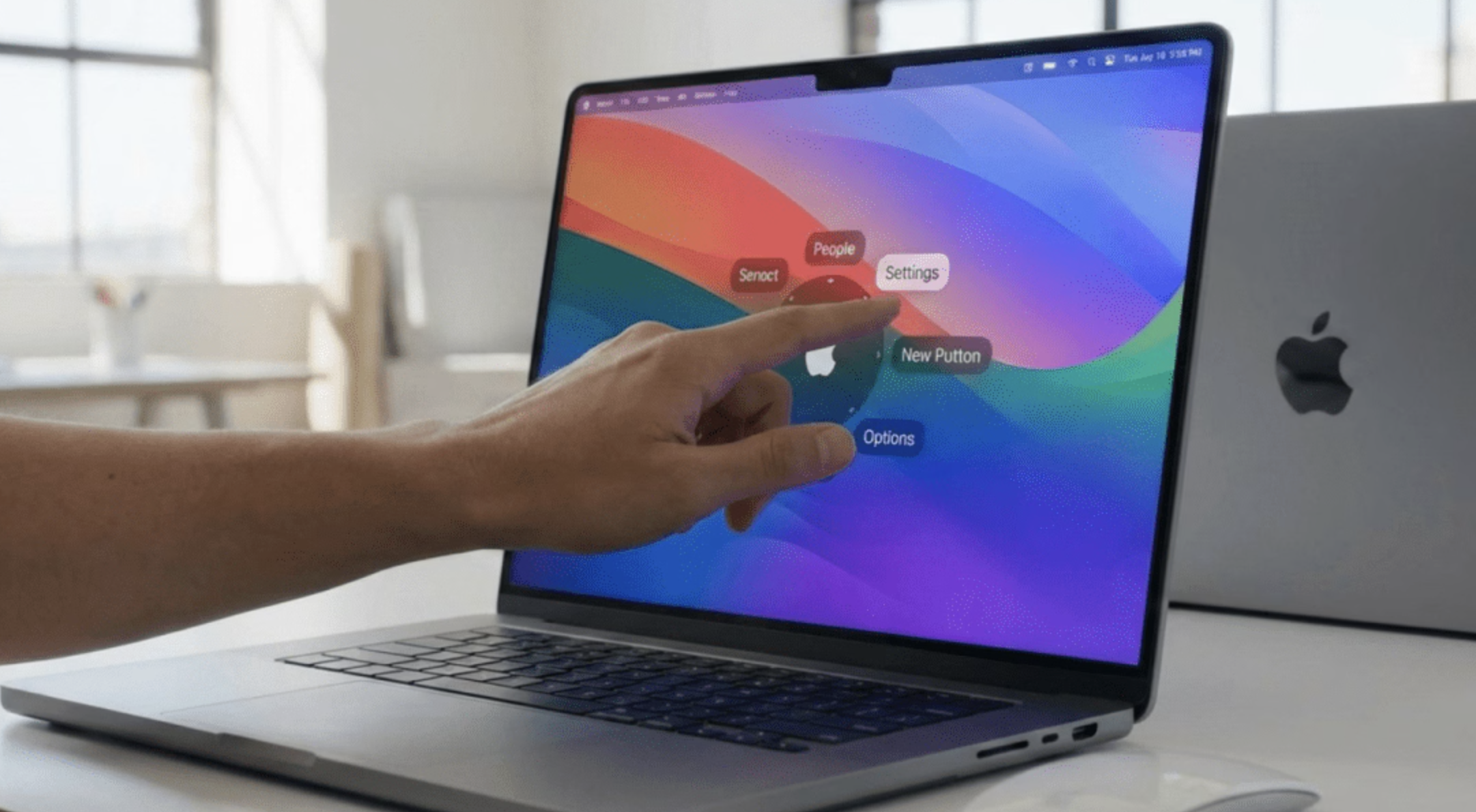In a significant move to enhance digital payment capabilities, Reserve Bank of India (RBI) Governor Shaktikanta Das announced a new Unified Payments Interface (UPI) feature that enables one user to authorize another individual to carry out UPI transactions from the former’s bank account. This feature was unveiled during the RBI’s Monetary Policy Committee (MPC) meeting on August 8, 2024.

Key Details of the New UPI Feature
The new UPI feature, known as “Delegated Payments,” allows a primary user to grant access to a secondary user, enabling them to perform UPI transactions up to a specified limit from the primary user’s bank account. This means that the secondary user does not need to have a separate bank account linked to UPI to make transactions. The primary account holder can set transaction limits, ensuring controlled access to their account.
Enhancing Digital Payment Reach
Governor Das emphasized that this new feature aims to broaden the reach and capabilities of digital payments in India. By allowing delegated access, the RBI intends to make UPI more versatile and accessible, further deepening its usage across the country. This initiative is part of the RBI’s broader strategy to enhance digital financial inclusion.
Increased UPI Transaction Limits
In addition to introducing the Delegated Payments feature, the RBI also announced an increase in the transaction limit for digital tax payments via UPI. The limit has been raised from ₹1 lakh to ₹5 lakh, making it easier for users to pay taxes digitally. This move is expected to streamline tax payments and encourage more taxpayers to use digital methods.
Monetary Policy Highlights
During the MPC meeting, the RBI decided to keep the key benchmark interest rate, the repo rate, unchanged at 6.5% for the ninth consecutive time. The RBI’s focus remains on controlling inflation while maintaining economic growth. The central bank’s GDP growth forecast for the financial year 2024-25 is set at 7.2%, with inflation expected to stay within the target range despite concerns over volatile food prices.
Implications for the Economy
The RBI’s decision to keep rates steady reflects its commitment to managing inflation while supporting economic growth. Analysts believe that if the monsoon season is favorable, the RBI may consider lowering interest rates in the coming months, which could boost real estate sales and provide more opportunities for homebuyers.












